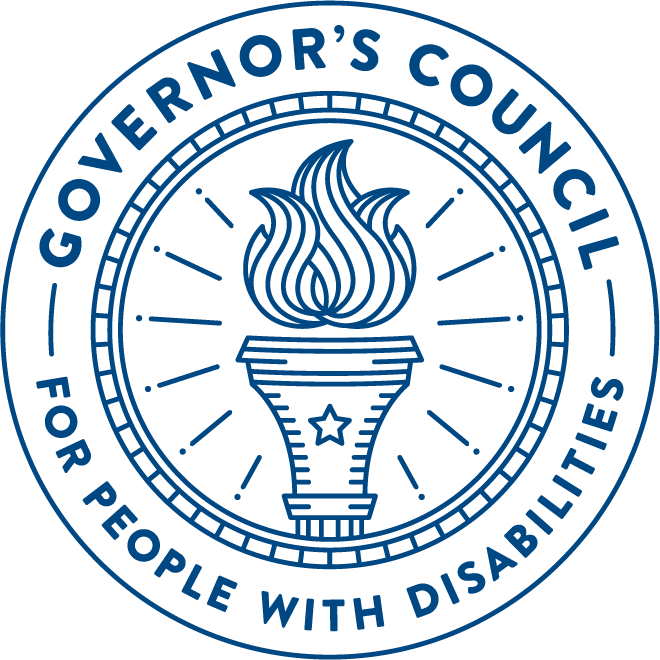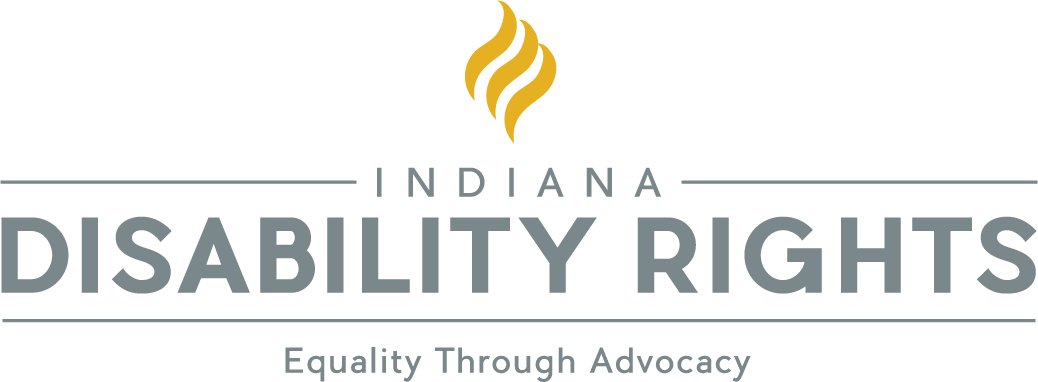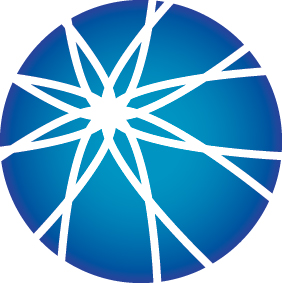The Indiana Institute serves as a liaison between academia and the community in Indiana through our membership in a national network comprised of 68 independent but interlinked entities known as University Centers for Excellence in Developmental Disabilities (UCEDD). This national network represents an expansive national resource for addressing issues, finding solutions, and advancing research related to the needs of individuals with disabilities and their families.
Our federal designation as a UCEDD mandates that we perform a set of four core functions that are embedded in our work across Centers. They include:
- Interdisciplinary pre-service preparation and continuing education;
- Research, including basic or applied research, evaluation, and public policy analysis;
- Information dissemination; and
- Community services, including training, technical assistance, and model demonstration.




 a national network of interdisciplinary centers advancing policy and practice for and with individuals with disabilities, their families, and communities. AUCD is committed to engaging the broader community around disability issues in order to elevate our nation’s focus, resources, and efforts towards increasing the quality of life for people with disabilities. The AUCD network is on the forefront of cutting edge research, best practices, and influential policymaking which impacts the disability conversation and movement every day. Collectively, the AUCD network trains thousands of early career professionals annually who will be moving into leadership positions in multiple disciplines around the country and world
a national network of interdisciplinary centers advancing policy and practice for and with individuals with disabilities, their families, and communities. AUCD is committed to engaging the broader community around disability issues in order to elevate our nation’s focus, resources, and efforts towards increasing the quality of life for people with disabilities. The AUCD network is on the forefront of cutting edge research, best practices, and influential policymaking which impacts the disability conversation and movement every day. Collectively, the AUCD network trains thousands of early career professionals annually who will be moving into leadership positions in multiple disciplines around the country and world